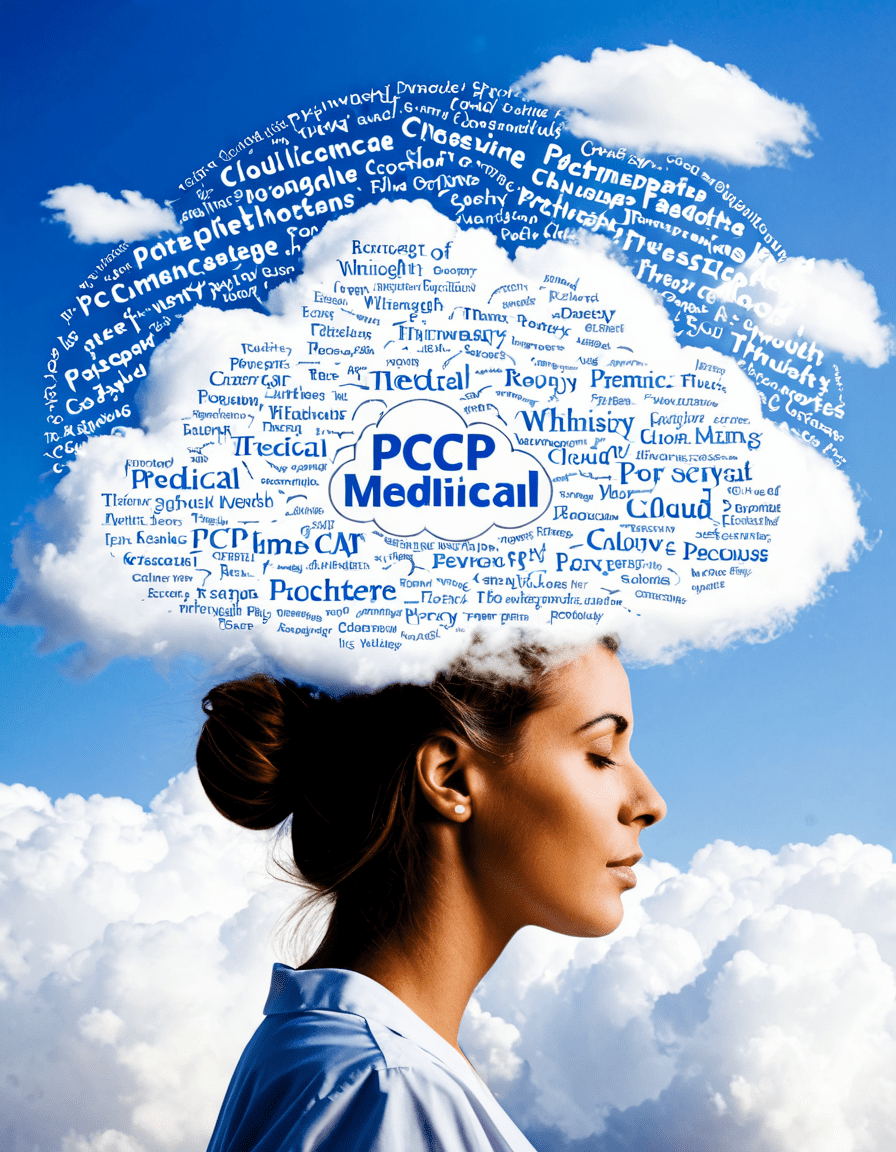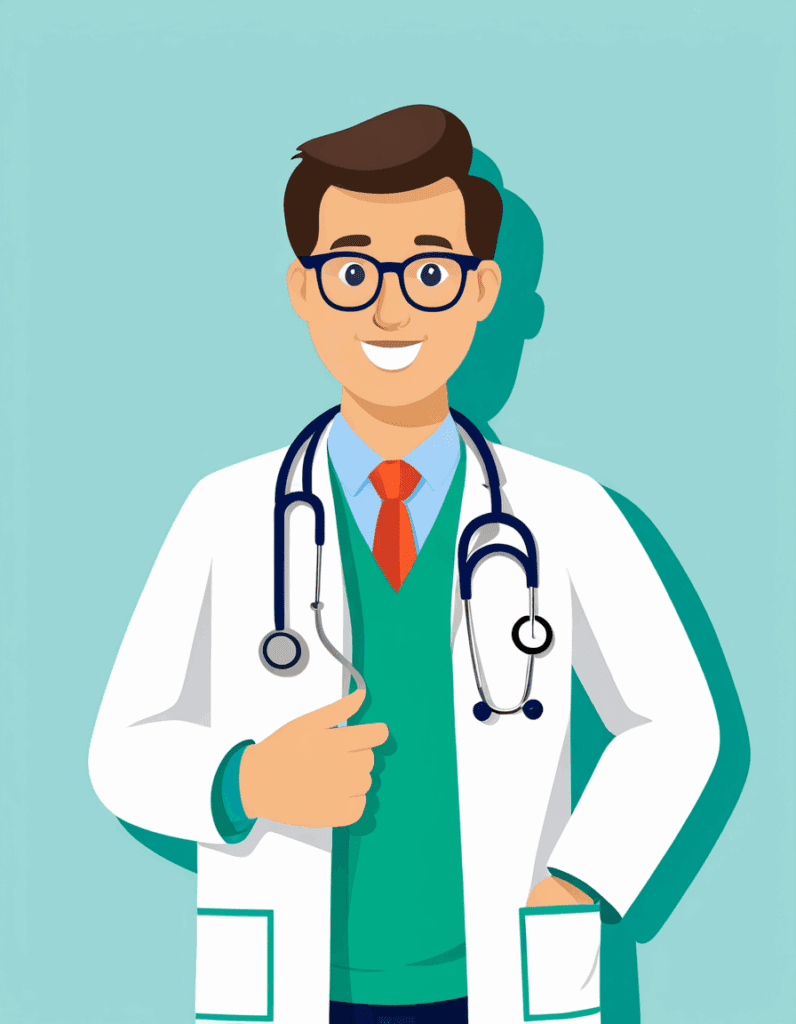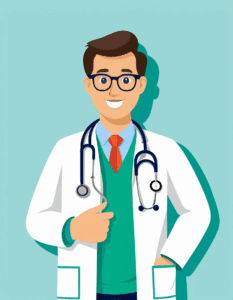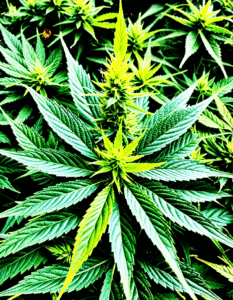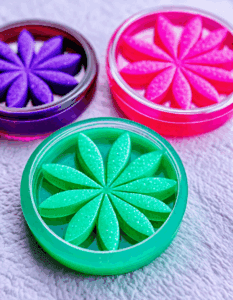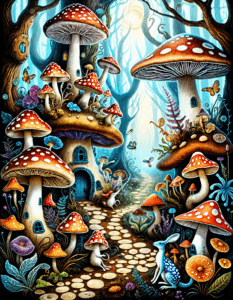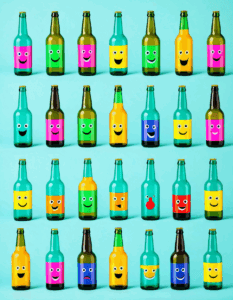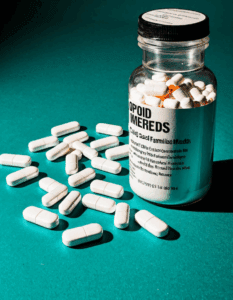Navigating the world of addiction can be bewildering and heart-wrenching, especially when our children are involved. One term that often surfaces in conversations about substance abuse is PCP, or phencyclidine. Understanding what is PCP medical term and its implications for health can illuminate the struggles your family may be facing. From its chemical composition to its effects on mental health, PCP’s journey from an anesthetic to an illicit substance sheds light on how easily it can ensnare individuals and alter lives. Let’s unpack this together to foster greater awareness and resilience.
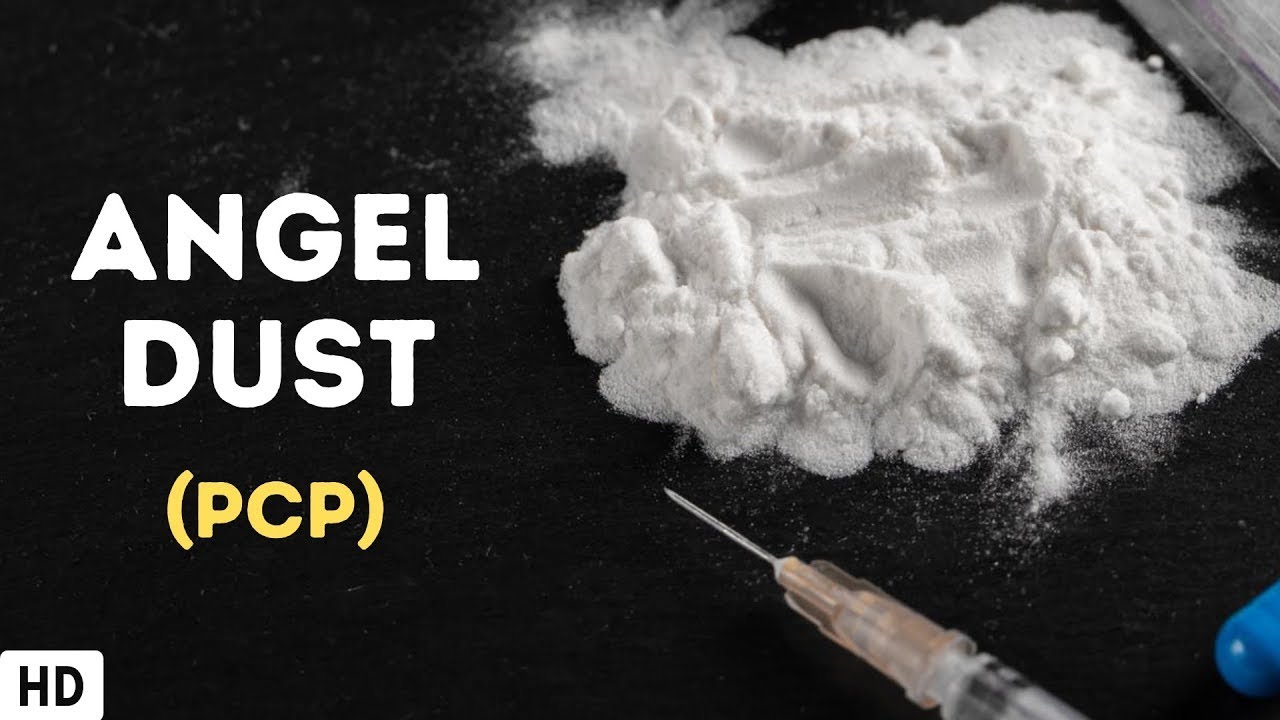
What Is PCP Medical Term: Understanding the Basics
Originally developed in the 1950s for medical use as an anesthetic, PCP quickly gained notoriety due to its powerful effects on the mind. Over time, it became clear that the risks associated with its non-medical usage far outweighed any potential benefits. Currently classified as a Schedule II substance, the designation reflects its high potential for abuse and significant dangers for anyone who uses it outside of a controlled environment.
PCP can evoke profound changes in perception and behavior, making it alluring for some. Yet, understanding what is PCP medical term lays the groundwork for grasping its complex risks. The striking reality is that while PCP was once considered a medical tool, it is now more often linked to serious addiction and health complications.

What Is PCP Drug: The Chemical Composition and Usage
PCP is chemically known as 1-(1-phenylcyclohexyl)piperidine. This powerful substance can be found in various forms—powder, liquid, or capsules. People often mix it with other drugs, such as marijuana, seeking the euphoric and hallucinogenic effects it can elicit. Unfortunately, this combination can lead to unexpected and perilous consequences for users.
Many individuals drawn to PCP are searching for an escape from reality. The drug’s ability to create altered perceptions can lead to extreme feelings of detachment. Understanding what does PCP do transcends the initial allure; it brings parents face-to-face with the stark realities of addiction and the downward spiral that can ensue.
What Does PCP Do? The Effects on Mental and Physical Health
PCP’s intoxication effects are as diverse as they are troubling. Common responses include:
However, these euphoric feelings come at a steep cost. Users frequently fall victim to severe adverse side effects, such as:
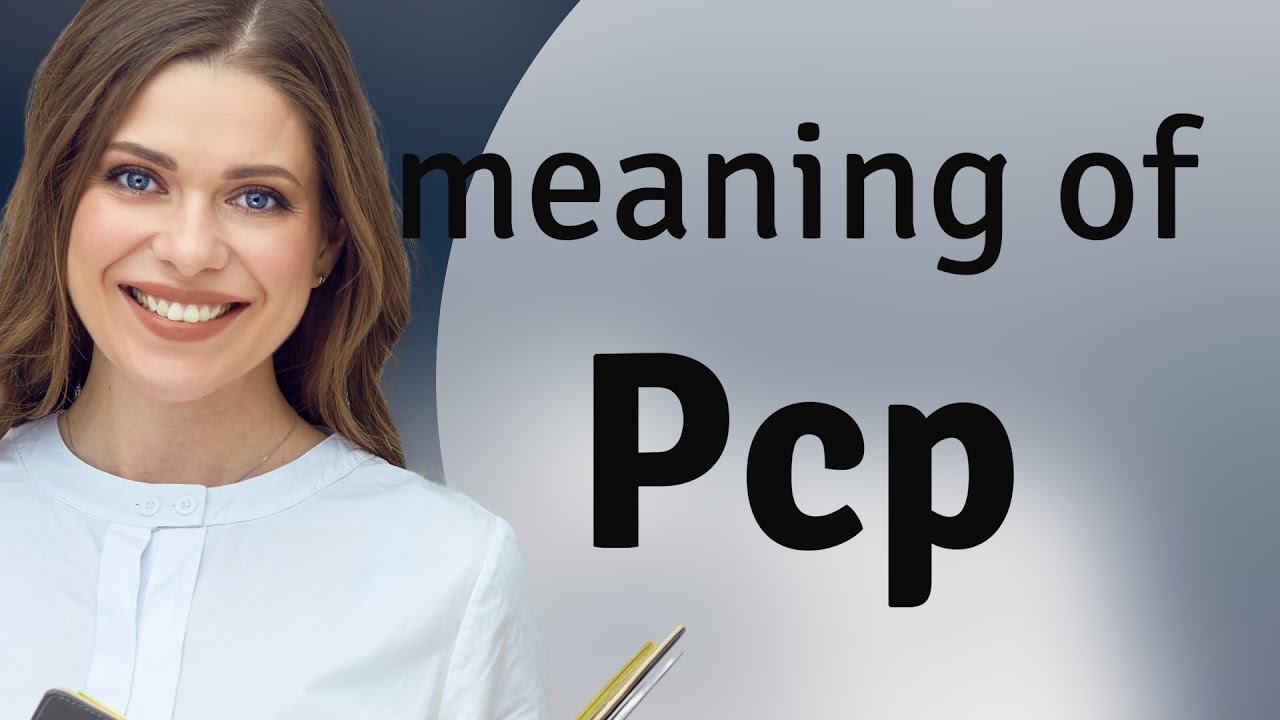
What Part of the Body Does PCP Target?
Understanding the physiological impact of PCP leads to awareness of how it interacts with the body. Primarily, PCP targets the central nervous system, altering neurotransmitter systems like glutamate and dopamine. This interaction disrupts mood, perception, and cognitive functions, which impacts how individuals perceive both pain and reality.
Once ingested, PCP triggers a cascade of biological responses that can be overwhelming and destructive. Remember, this isn’t just information; it’s a call to action to be aware of the physical and emotional toll that substances can take on our loved ones.
What Are PCPs: Medical Practitioners vs. the Substance
The term “PCP” can also be associated with a Primary Care Physician. While these medical practitioners play a vital role in healthcare, they are in stark contrast to the substance that shares their acronym. Understanding the difference is crucial, especially for parents seeking help:
| Aspect | PCP (Substance) | PCP (Medical Practitioner) |
|———————-|——————————————|—————————————-|
| Use | Illicit drug with psychoactive effects | Healthcare provider focusing on overall health |
| Legality | Scheduled and illegal in most contexts | Licensed and legal healthcare professional |
| Patient Interaction | Often leads to harmful behavior and health risks | Focuses on preventive care and wellness |
In highlighting these differences, we hope to clarify the necessary steps for those affected by PCP addiction and to guide them toward the appropriate supports.
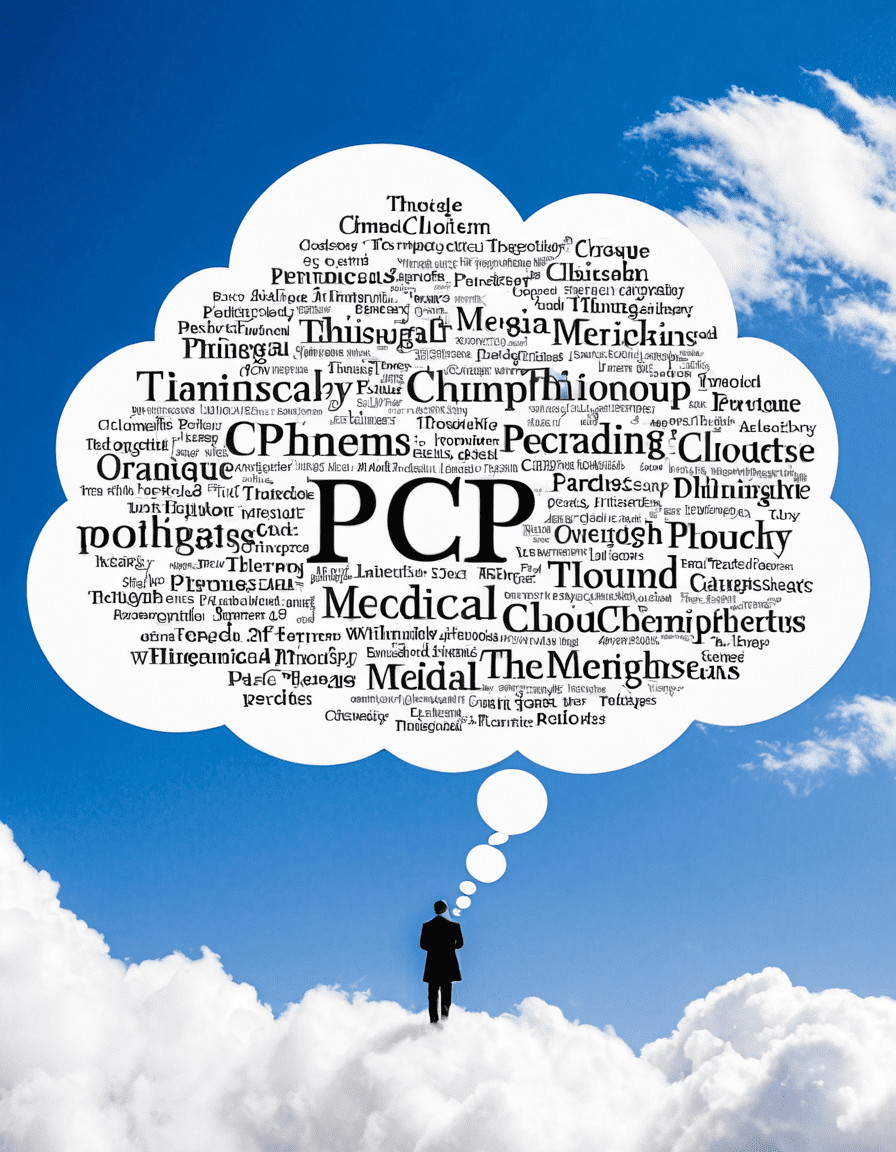
What Does PCP Mean in Substance Use and Recovery Context?
In the recovery narrative, understanding what does PCP mean can be challenging, highlighting a significant barrier to healing. Individuals misusing PCP often face other substance use disorders, underscoring the need for integrated treatment approaches.
Successful recovery pathways require more than just stopping drug use; they demand personalized strategies and thorough support networks. Parents can help by recognizing these challenges early, advocating for effective interventions, and engaging in open dialogues with their children about the harm of PCP and similar substances.
What Is the PCP? The Role in Addiction Treatment
Awareness of PCP’s dangers should be coupled with understanding the role of primary care providers in managing addiction. When parents seek support for their children, PCPs can offer invaluable resources, including:
Through early intervention and consistent care, families can bolster recovery efforts, creating a strong foundation for healing.

PCA Strategies: Navigating the Challenges of Addiction
Tackling PCP use within our communities involves mobilizing resources and educational efforts focused on prevention. By enhancing awareness of the dangers of PCP and informing families, we can help rein in the prevalence of this substance.
Programs that emphasize community partnership and health education can foster safer environments for our youth. Providing accurate information, much like exploring the haunting tales in “Pan’s Labyrinth”—a film that intertwines fantasy and reality—encourages critical thinking about addiction.
Real Stories: The Impact of PCP on Lives
Every number has a story, and every narrative is packed with emotion. Consider James, a promising athlete who spiraled into addiction after first trying PCP at a party. His journey through recovery illuminates the importance of tailored treatment programs. His family rallied around him, emphasizing that support networks could make a world of difference.
Then there’s Maria, who lost her brother to a PCP overdose. Fueled by her grief, she founded an organization to raise awareness about the dangers of drug use. Maria’s advocacy exemplifies the power of community in combating addiction.
Together, these stories remind us that PCP is not just a medical term; it represents the lives and families intertwined within the web of addiction.
Shaping the Future: Navigating through the Effects of PCP
Comprehending what is PCP medical term and its impact on health goes beyond rote facts; it’s about weaving together the threads of education, prevention, and healing. As we profoundly engage with our communities about addiction, we can foster a spirit of resilience—whether through school programs, parent workshops, or other initiatives.
Moreover, shared experiences can strengthen support systems, allowing families to confront these challenges together. As we press on in this battle against substance misuse, let’s not only acknowledge the obstacles but also celebrate the power of community, love, and relentless advocacy.
To our dear families: May you find hope, support, and strength as we work hand-in-hand to uplift those struggling with addiction. It’s through our collective compassion and resilience that we pave the way for a brighter, healthier future amidst turmoil.
What Is PCP Medical Term?
When people hear about PCP, they’re often thinking of the wild alter ego from Pans Labyrinth. In the medical world, however, PCP stands for phencyclidine, a powerful dissociative drug. Initially developed as a tranquilizer in the 1950s, it’s now notorious for its hallucinogenic effects. Unfortunately, its misuse can lead to severe health issues—both mental and physical. One fascinating aspect of PCP is how it can alter perception, somewhat like how are Shrooms bad For You? poses questions about other psychedelic substances.
Health Impacts and Myths
PCP impacts health in alarming ways—think agitation, hallucinations, and even psychosis. While it might seem like a devil-may-care adventure, the risks are real. Some folks might turn to it hoping for a high without considering the long-term repercussions. For instance, someone grappling with marijuana use disorder may believe they can easily switch to something stronger without consequences, much like a chubby woman trying to chase fast food with fitness fads. But transitioning from one substance to another rarely ends well.
Trivia and Cultural References
Beyond its clinical implications, PCP has made its mark on pop culture and public perception. It resonates through various media, similar to how Mena Suvari captured hearts in her film roles. Interestingly, people have experimented with combining substances, leading to alarming results—the risks of polydrug use often go under-discussed. And while we love a Super Bowl LV party, fireworks and fun shouldn’t blend with drugs that distort our minds. For those in pain, note that a new pain medication approved by the FDA aims to provide help without the perils of PCP. It’s always intriguing how society grapples with substance use—What Does opium do to the mind? The mysteries of drugs often leave us longing for clarity amidst the chaos.
Understanding “what is PCP medical term” doesn’t just end with its definition; it’s a gateway to a broader conversation about health, addiction, and safety that is vital for anyone trying to navigate these tricky waters.
